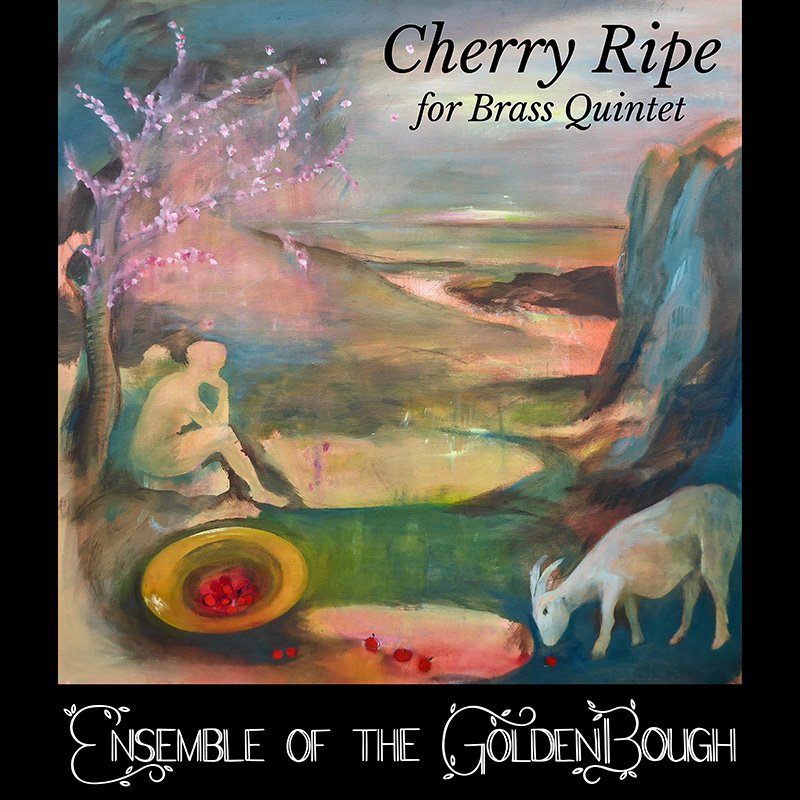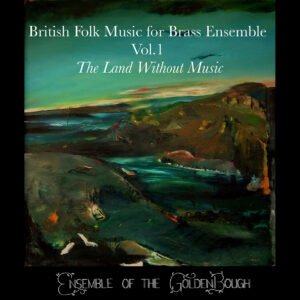Frank Bridge’s 1916 setting of the bawdry sea song makes as good a case as any for his music to be listed alongside the other great English folk settings of the early 20th century. Although less celebrated than that of his colleagues, the folk settings ‘Cherry Ripe’ and the paired ‘Sally in Our Alley’ celebrate and represent the somewhat ephemeral English charm that so characterises the better-known music of Holst and Butterworth. Bridge’s composition is an exemplary case of the attempt to set folk music as high art; it is, in essence, a short tone poem.
A prelude of fragments from the tune proper are weaved into trills and florid lines that work themselves into a canon around the main melody, and are then repeated several times with different textural variations. These climax into a short Mahlerian pastoral section and fanfare-like recapitulation.
Such detail, colour and joy of movement in a short folk vignette is testament to the often overlooked genius of Frank Bridge. Though the work was originally scored for strings it immediately sprang to mind when The Ensemble of the Golden Bough asked me to select some repertoire for the brass quintet configuration. Though it is very challenging the exquisite detail and excitement of the short stringpiece works very well to my mind on brass instruments, and immediately communicates Bridge’s passion for the folk song sources.
It is astonishing that during 1916 Bridge was not only able to proactively safeguard the heritage of the folk music and culture he felt was being lost to the slaughter of the Great War, but also to celebrate it with such joy and optimism for the future, despite the difficulties of the times. This was something I felt was uniquely appropriate for an album recorded by five such magnificent musicians in the time of Covid lockdown. Though circumstances are continually changing the importance of exploring and celebrating our unique heritage has not; the experiences of life in Britain and what was then its empire, which have been preserved in these folk songs, contain important lessons which are just as relevant today as they were in the Edwardian era.
It was a uniquely difficult challenge for the Ensemble of the Golden Bough to meet for the first time and immediately record this very challenging material without the benefit of rehearsal time, or the ability to do endless takes as has unfortunately become the practice with many other classical recordings. I appreciate the courage of the ensemble in taking this approach; my view is that this tremendous pressure is just what is needed for London’s freelance musicians to demonstrate their world-famous qualities of sight-reading and almost ESP like ensemble playing, even when the group had never played together before, or indeed played with any other brass players for the previous ten months of Covid lockdowns.
I hope that in the years to come brass players and music lovers will be grateful not only to have this wonderful piece added to the brass repertoire, but also to have a recording which in every way demonstrates the qualities that make Britain’s musical heritage so distinctive and valuable. Bravo Ensemble of the Golden Bough!
Check out Cherry Ripe on Youtube by clicking here.
Edited by Christopher Barrett


Trombone and Euphonium – Ensemble of the Golden Bough



